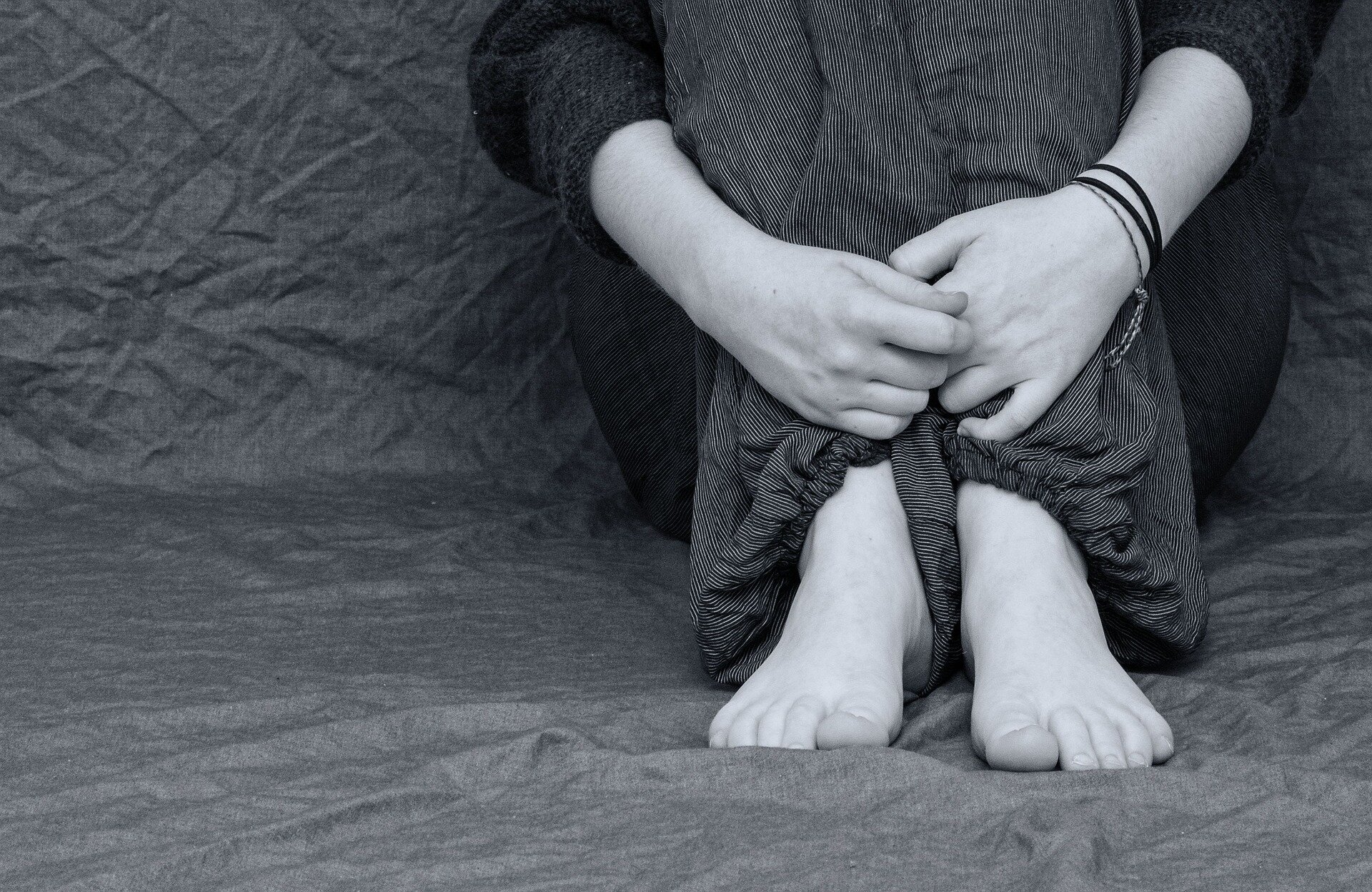A new study that examined health data on 18 million people reveals higher incidence of mental illnesses for up to a year following severe COVID-19 in unvaccinated people. Vaccination appeared to mitigate the adverse effects of COVID-19 on mental illnesses. The University of Bristol-led study, published in JAMA Psychiatry today [21 August], investigated associations of COVID-19 with mental illnesses according to time since diagnosis and vaccination status.
COVID-19 is associated with mental illnesses in both hospital and population-based studies. However, until now, there was limited evidence about the association of COVID-19 with mental illnesses when individuals had received COVID-19 vaccination.
A cross-institution team, including researchers from University of Bristol Medical School, University College London (UCL), University of Oxford, University of Cambridge and Swansea University Medical School, sought to answer this by analysing the medical records of 18,648,606 adults aged between 18 and 110 years and registered with a GP in England.
Among the 18,648,606 adults in the cohort studied during the period before vaccination was available, the average age was 49 years, 50.2 per cent were female (9,363,710) and 1,012,335 adults had a confirmed COVID-19 diagnosis (recorded in testing data, by a GP, in hospital or in their death record).
The authors also studied a vaccinated cohort including 14,035,286 adults, of whom 866,469 had a confirmed COVID-19 diagnosis, with an average age of 53 years and 52.1 per cent female (7,308,556), and an unvaccinated cohort including 3,242,215 adults, of whom 149,745 had a confirmed COVID-19 diagnosis, with an average age of 35 years and 42.1 per cent female (1,363,401).
Using these data, the researchers compared the incidence of mental illnesses in people before and after a COVID-19 diagnosis, in each cohort. Mental illnesses included in this study comprised depression, serious mental illness, general anxiety, post-traumatic stress disorder, eating disorders, addiction, self-harm, and suicide.
The team found that the incidence of most of these conditions was higher one to four weeks after COVID-19 diagnosis, compared to the incidence before or without COVID-19. This elevation in the incidence of mental illnesses, was mainly seen after severe COVID-19 that led to hospitalisation and remained higher for up to a year following severe COVID-19 in unvaccinated people.
The elevation in incidence of mental illnesses was mainly after severe COVID-19 that led to hospitalisation, with little elevation after COVID-19 that did not lead to hospitalisation. For instance, the incidence of depression after non-hospitalised COVID-19 was up to 1.22 times higher than that before or without COVID-19, while the incidence of depression after hospitalised COVID-19 was up to 16.3 times higher than that before or without COVID-19. In the vaccinated cohort, the incidence of depression after non-hospitalised COVID-19 was similar to that before or without COVID-19.
The findings add to a growing body of evidence highlighting the higher risk of mental illnesses following COVID-19 diagnosis, and the benefits of vaccination in mitigating this risk, with stronger associations found in relation to more severe COVID-19 disease, and longer-term associations relating mainly to new-onset mental illnesses.
Dr Venexia Walker, Senior Research Fellow in Epidemiology at Bristol Medical School: Population Health Sciences (PHS) and MRC Integrative Epidemiology Unit at the University of Bristol, and one of the study’s lead authors, said: “Our findings have important implications for public health and mental health service provision, as serious mental illnesses are associated with more intensive healthcare needs and longer-term health and other adverse effects.
“Our results highlight the importance COVID-19 vaccination in the general population and particularly among those with mental illnesses, who may be at higher risk of both SARS-CoV-2 infection and adverse outcomes following COVID-19.”
Jonathan Sterne, Professor of Medical Statistics and Epidemiology at the University’s Bristol Medical School: PHS, Director of the NIHR Bristol Biomedical Research Centre, and one of the study’s authors, added: “We have already identified associations of COVID-19 with cardiovascular disease, diabetes and now mental illnesses. We are continuing to explore the consequences of COVID-19 with ongoing projects looking at associations of COVID-19 with renal, autoimmune and neurodegenerative conditions.”
This work was supported by the COVID-19 Longitudinal Health and Wellbeing National Core Study, which is funded by the Medical Research Council (MRC) and National Institute for Health and Care Research (NIHR).

